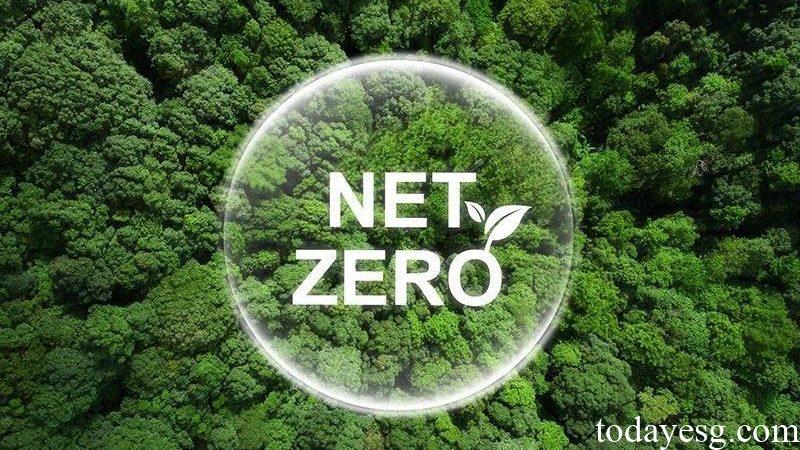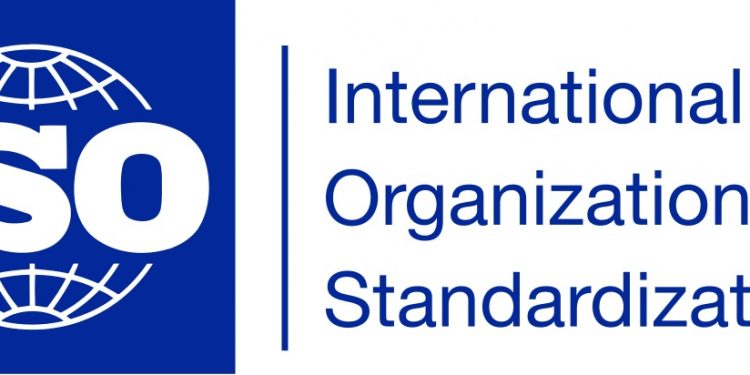International Standard for Net Zero
The International Organization for Standardization (ISO) plans to develop the first international standard for net zero, aimed at guiding enterprises towards net zero transition and promoting global sustainable development.
The new international standard for net zero will be based on the Net Zero Guidelines launched by the Iso in COP27, with thousands of experts expected to participate in collaboration and planned to launch at the COP30 conference in 2025.
Related Post: COP28 Releases Net Zero Transition Charter

Introduction to Net Zero Guidelines
The Net Zero Guidelines launched by the ISO are the foundation of the international standard for net zero. The Net Zero Guidelines provide comprehensive guidance for enterprises on net zero strategies and provide guidance for the validation of net zero plans, reducing greenwashing. The net zero guideline was released at a seminar organized by the British Standards Institute in September 2022. According to the regulations of the International Organization for Standardization, the net zero guideline needs to be reviewed within three years after its publication, and public international standards can be developed based on market demand.
The Net Zero Guidelines mainly provide reference for entities to achieve net zero emissions, and serve as a voluntary document based on scientific pathways consistent with the United Nations Framework Convention on Climate Change. The net zero guide mainly includes the following contents:
- Net Zero Guiding Principles: The principles are the foundation for achieving net zero emissions, including consistency, urgency, goals, priorities, scientific, credibility, fairness, and transparency, in order to provide guidance for entities to develop net zero plans and implement actions.
- Establishing Levels and Boundaries for Net Zero: Entities should establish interfaces for the progress of net zero emissions, such as including Scope 1, Scope 2, and Scope 3 carbon emissions in the net zero plan, and confirming the boundaries of departments, organizations, and investment portfolios involved to cover all aspects that may have a substantial impact on GHG emissions.
- Leadership and Commitment: Entities should set medium – and long-term net zero goals and include common greenhouse gases such as carbon dioxide and methane in the plan, while ensuring that net zero commitments are not arbitrarily changed. The leadership of the entity needs to play an important role in the net zero plan, supervising the net zero process.
- Goals: Entities should identify a series of priorities to achieve the mid-term net zero target and provide support for the long-term net zero target. The goal should include carbon emissions for Scope 1, Scope 2, and Scope 3, with a goal of reducing carbon emissions by 50% by 2030 (relative to 2018) and achieving net zero by 2050. In addition to the net zero target, entities should also set additional individual goals to have a positive impact on the environment and society.
- Mitigation: Entities needs to develop a mitigation plan for greenhouse gas emissions reduction, which should prioritize reducing greenhouse gas emissions and measure differences from existing carbon reduction plans. The entity also needs to develop contents related to biodiversity and ecosystems in the net zero plan to plan for climate action and sustainable solutions.
- Counterbalancing Residual Emissions: Entities may consider using carbon offsetting technology to reduce carbon emissions. During the carbon offsetting process, it is necessary to ensure a reliable baseline and reporting by qualified third parties. Entities also needs to ensure that carbon offsetting can support environmental and social benefits, and consider the duration of these benefits.
- Measurement and Monitoring: Entities should identify indicators and tools for measuring, calculating, and monitoring greenhouse gas emissions, and select quantifiable indicators to reduce the uncertainty of results. They need to continuously improve the quality of data collection and disclose the types, sources, calculation methods, and assumptions of greenhouse gas data.
- Wider Impact, Equity and Empowerment: Entities also need to consider their impact on society and the environment in net zero action. For example, entities should consider the impact of net zero action on stakeholders such as labor and communities based on the principles of fairness and justice, and allocate resources to address the problems faced by these groups.
- Communication, Reporting and Transparency: Entities are required to disclose specific progress regarding net zero plans, which should be completed at least once a year, and include data collection and calculation methods, data confidence intervals, and third-party audit results in the report.
Reference:
Creation of International Standard on Net Zero Gets Underway
Contact:todayesg@gmail.com








